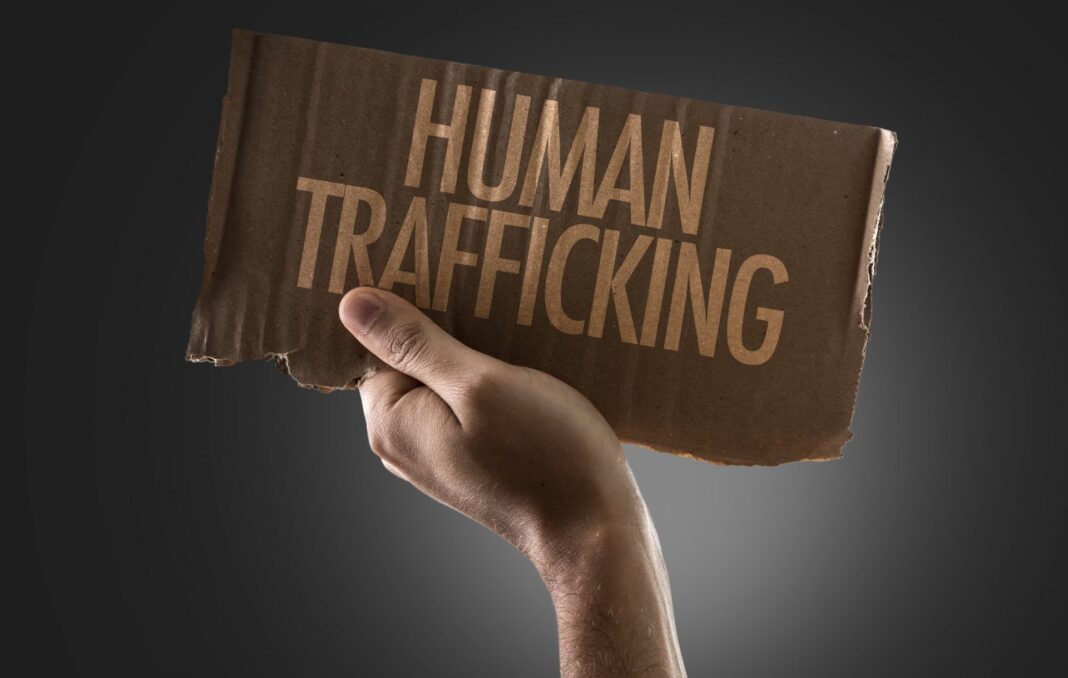Human trafficking for the purpose of organ removal needs urgent international attention, concludes expert roundtable co-organized by OSCE and partners
VIENNA, 8 July 2020 – Despite its high profits and catastrophic harm to victims, trafficking in human beings for the removal of organs is one of the least understood and addressed forms of human trafficking globally and needs urgent attention from the international community, an international group of experts concluded in a two-day online meeting held on 7 July.
The event, co-organized by the Office of the OSCE Special Representative for Combating Trafficking in Human Beings (OSR/CTHB), the Office of the UN High Commissioner for Human Rights (OHCHR) and co-sponsored by the World Health Organization (WHO), was an opportunity to share experiences in addressing this challenge and examine possible ways to enhance responses in the OSCE region.
The meeting gathered legal, criminal justice, medical and victim-protection experts from over 20 OSCE participating States, Partners for Co-operation and international organizations.
The experts noted that, although it is specifically mentioned in the internationally-recognized definition of trafficking in human beings, human trafficking for the purpose of organ removal remains a troubling and elusive form of exploitation across the globe. They emphasized the need to raise international attention to the issue and deploy all available tools to combat it.
“One of the things I am struck by is how incredibly challenging it is to respond to this form of trafficking in human beings. And yet I am also optimistic because we have been jointly developing some of the tools we need like new technologies and improved financial investigations,” said OSCE Special Representative and Co-ordinator for Combating Trafficking in Human Beings Valiant Richey. He also added that the OSCE looks forward to working with a wide range of partners on a list of concrete recommendations.
Many participants pointed out the inadequacy of the legal instruments currently in use, and the crucial necessity to enhance co-operation between countries to make perpetrators accountable.
Participants stressed that particular attention needs to be devoted to situations with patients travelling abroad to get a transplant or coming from abroad with a donor. The crimes often cross borders which makes it much harder for investigators and prosecutors to track perpetrators and exercise jurisdiction over cases that can span numerous countries. Without international judicial co-operation, these crimes – even when detected – are rarely prosecuted successfully, noted the participants. They also said that the role of financial investigations in detecting and countering flows of money alimenting and paying for these illegal services is vital.
A crucial point in the discussions was the critical role that can be played by the medical personnel, both in preventing these crimes but also in reporting dubious situations, including when the origins of the organ to be transplanted are not clear.
Participants also proposed improving the capacity of anti-trafficking practitioners and medical personnel to identify victims. Better identification could also lead to enhanced assistance to survivors, which today is mostly lacking.









